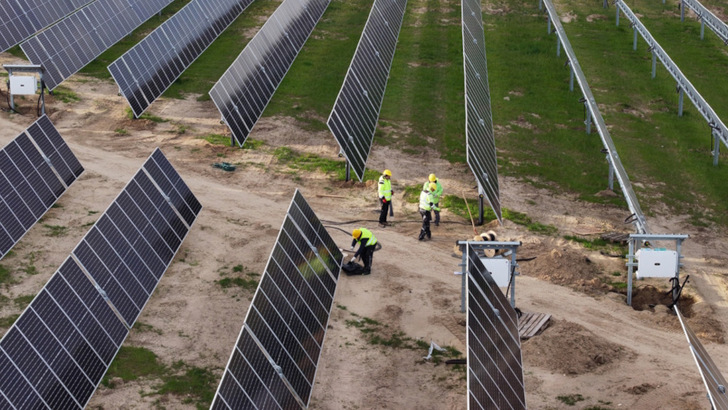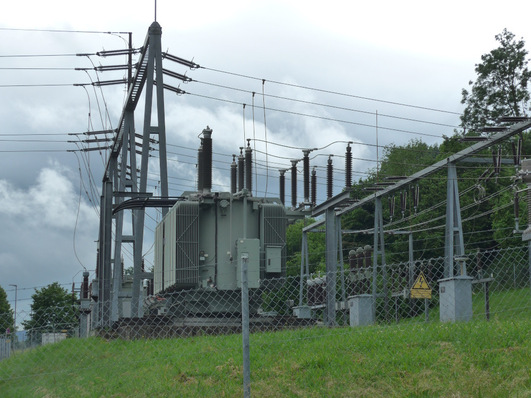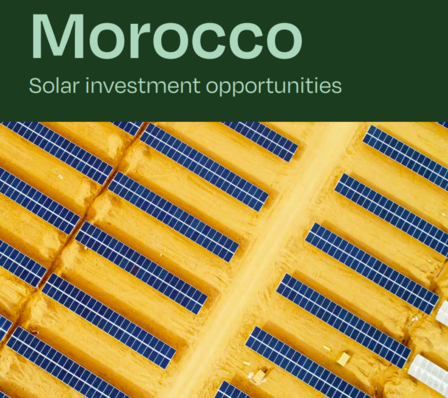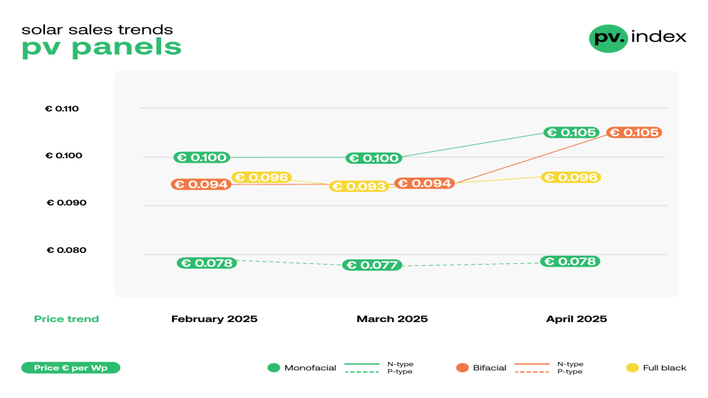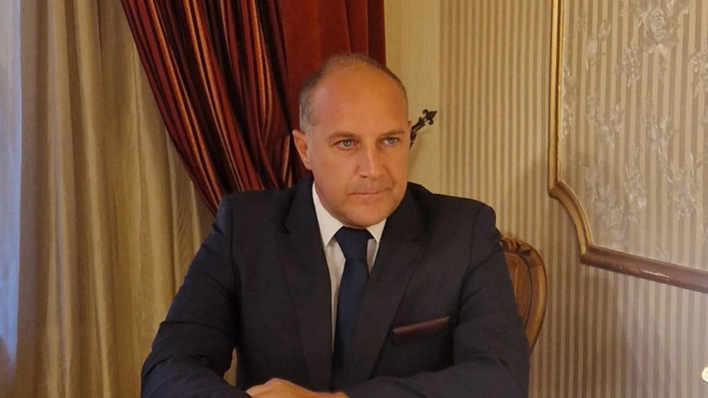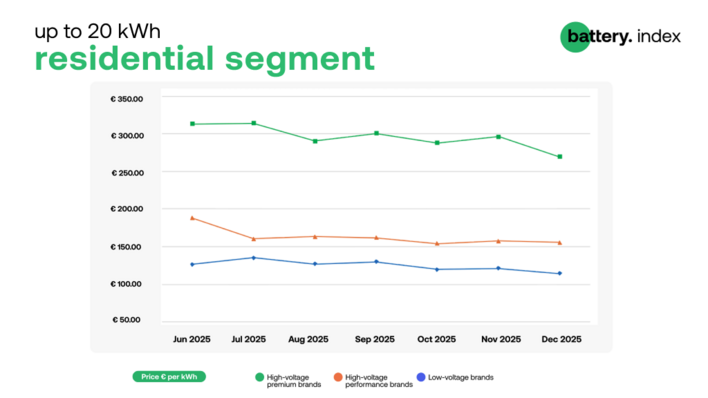Europe’s Power Purchase Agreement (PPA) market has slowed sharply this year, setting the backdrop for current industry concerns. The number of signed deals has fallen by 60 percent compared to the same period last year, and contracted capacity is down 40 percent relative to 2024.
RE-Source describes the slowdown as a paradox, noting that Europe cannot achieve energy security or competitiveness without electrifying its economy. Taking this path is fundamental in order to protect against energy shocks and to support large-scale wind and solar development. Yet the market continues to encounter significant headwinds.
PPA price gap stifles renewable project deals
Principal roadblocks
Grids – Europe is not expanding its grid and storage infrastructure fast enough. Grid permitting remains a major bottleneck for renewables, with hundreds of gigawatts of projects still waiting for connection.
Permitting – Renewables permitting remains too slow. Twenty-six EU member states are currently in breach of EU law for not applying the permitting rules set out in the Renewable Energy Directive.
Electrification – Europe is not electrifying quickly enough. Direct electrification remains the most cost-effective and efficient route to decarbonisation, and is central to both competitiveness and energy security. Yet progress is lagging, with electrification rates stagnating.
Negative prices – The growing frequency of negative prices is complicating PPA negotiations and highlights the urgent need for storage solutions that can be deployed quickly.
Kristian Ruby: “We must accelerate electrification in all sectors”
PPAs drive decarbonisation
“The Clean Industrial Deal rightly names PPAs as a key solution. Without them, we risk losing industrial competitiveness—and missing our climate targets. PPAs are not just a compliance tool, they are a cornerstone of Europe’s industrial decarbonisation,” RE-Source stated.
PPAs provide companies with price certainty. They enable new wind and solar projects to secure financing and help buyers reduce their exposure to volatile energy markets.
EU doubling down on PPAs
Earlier this year, the European Commission published its revised State Aid framework to support the Clean Industrial Deal (CISAF). National governments can now offer temporary relief on electricity prices for electro-intensive industries, provided they invest in renewables, storage or direct electrification, for example through PPAs as advocated by RE-Source.
Storage and co-location seen as remedy for fragile PPAs
The European Investment Bank (EIB) is launching a €500 million pilot programme to support corporate PPAs for mid-sized companies. At the same time, the European Commission has proposed tripartite contracts for offshore wind and hybrid solar-battery projects, enabling governments to join as a third party to share risks and reduce costs for renewable electricity producers and corporate offtakers. (hcn)


